What Is The Mach Loop And Why Is It Ideal For RAF Fighter Jets?
The valleys area of Wales that is perfect for fighter pilots' training

Red Arrows training in the Mach Loop. Picture: JumpStory
What Is The Mach Loop?
The Mach Loop is one of the United Kingdom’s three Tactical Training Areas (TTA) of the country that are mapped out for routine operational low flying training by fast jets and Hercules transport aircraft of the Royal Air Force and other allied nations.
Following a circular route through the Welsh valleys, the route provides an ideal location to train in the art of low flying – an essential skill that is practiced by fixed wing aircraft between 100 feet and 250 feet.
This is an altitude at which a pilot might fly in a combat scenario.
The US Air Force, which refers to the same route as The Roundabout, also uses the area for training as the loop has become known as an unrivalled space in which to fly for six minutes or more at top speeds for an uninterrupted run of low altitude / high speed flying through the twists and turns of a steep valley. It is one of the few places in the world where this can be carried out in a controlled, protected airspace and terrain.

The Welsh valleys provide an ideal training area for fighter pilots. Picture: JumpStory
Where Is The Mach Loop?
Officially known as the Machynlleth Loop, the Mach Loop allows pilots carry out tactical air combat manoeuvres, tight turns and bends, in the challenging terrain of a mountainous valley that winds over a circular route between Dolgellau, on the edge of Cader Idris mountain in Snowdonia, looping around to the Welsh market town of the loop’s namesake, Machynlleth in Powys.
Pilots fly fast through the skies over towns and villages such as Corris Uchaf, Ceinws, Glantwymyn, Cemmaes and Mallwyd and over areas that have become known as top spots for photographers and plane enthusiasts at Corris Corner, Cad East and Cad West because of the stunning views ‘topside’ of aircraft as onlookers gaze down the valley from high up on the hills.

An F-15e Strike Eagle in the Mach Loop. Picture: JumpStory.
How Fast Do Jets Fly Through The Mach Loop And At What Altitude?
Fighter pilots fly at speeds of up to 450 knots, or more than 500mph, and at altitudes as low as 250 feet, or in some areas as low as 100 feet, as they speed through the loop.
Flight operations are guided by weather conditions and the RAF submits a timetable for scheduled training which is published via government websites.
Some routine flights, which includes a variety of military aircraft including helicopters, can take place at 500 feet and 2,000 feet.
Late summer tends to be the busiest time for low flying as squadrons make use of the good weather conditions to train.

A US Air Force Lockheed Martin HC-130J Hercules in the Mach Loop. Picture: JumpStory.
Where Else Do RAF Pilots Train?
Central Wales and the Mach Loop is just one of three areas of the country earmarked for fighter jet training.
Other areas set out as TTAs are Northern Scotland and the borders area of southern Scotland and northern England.
The Mach Loop training area lies within what is termed the Low Flying Area (LFA) LFA7, which covers much of the landscape across Wales.

Pilots train in a variety of fighter jets in the Mach Loop. Picture: JumpStory.
What Aircraft Fly Around The Mach Loop?
Typhoons, Hawk Jets, RAF Lakenheath-based F-35A Lightning II fighter jets, are all known to put pilots through their paces in the loop, as well as the RAF Airbus, Hercules, A400M and other aircraft including US Air Force F-15C Eagles, Strike Eagles and F-22 Raptors among others.
The impressive fisheye video above, shot from inside a Eurofighter Typhoon, allows viewers to feel the freedom of soaring through the skies in one of the world’s most powerful fighter aircraft, through the low-level flying route of west-central Wales.
Plane Spotters And Aircraft Enthusiasts
Given the unrivalled views of aircraft that can be clearly watched from above at sites in the hills as the jets race past in the valley below, the Mach Loop has become a magnet for plane spotters and anyone who loves watching fighter pilots at work.
There are a host of plane spotting websites that give descriptions of the top sites to get the best views, and guidance on where to find government-published timetables.

A Hercules transport aircraft in the Mach Loop. Picture: JumpStory.
Air forces only fly through the loop from Mondays to Fridays and do not fly on Bank Holidays or when poor weather reduces visibility – hence the summer months tend to be the busiest times for plane enthusiasts to gather.
Enthusiasts tend to park in places such as a laybys on the A487 and hike up to locations at Cad West or Cad East, although this is not an official parking spot.
Local farmers have tended to be at odds with some who end up parking on the verges of fields in the area, while some motorists who have parked in such locations have found themselves getting stuck in the mud.
Mondays to Fridays between midday and 1pm, or until 2pm on some days, are often peak times for flights during the current scheduled timetable for training but times do vary.




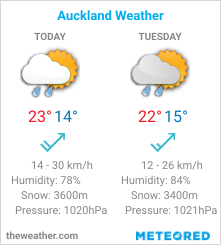
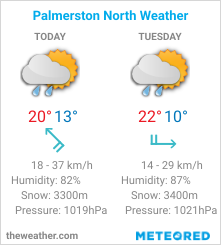
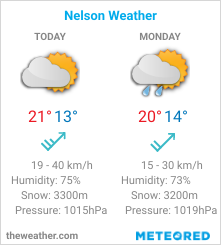
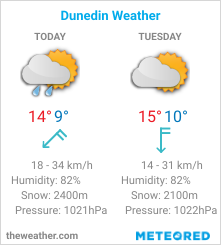
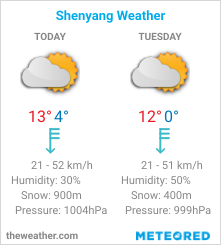
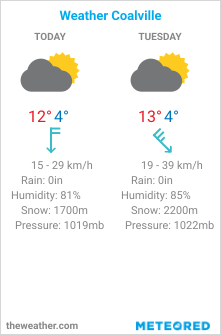
No comments:
Post a Comment
How did you like the post, leave a comment. I would appreciate hearing from you all. Best wishes from JC's Naval, Maritime and Military News